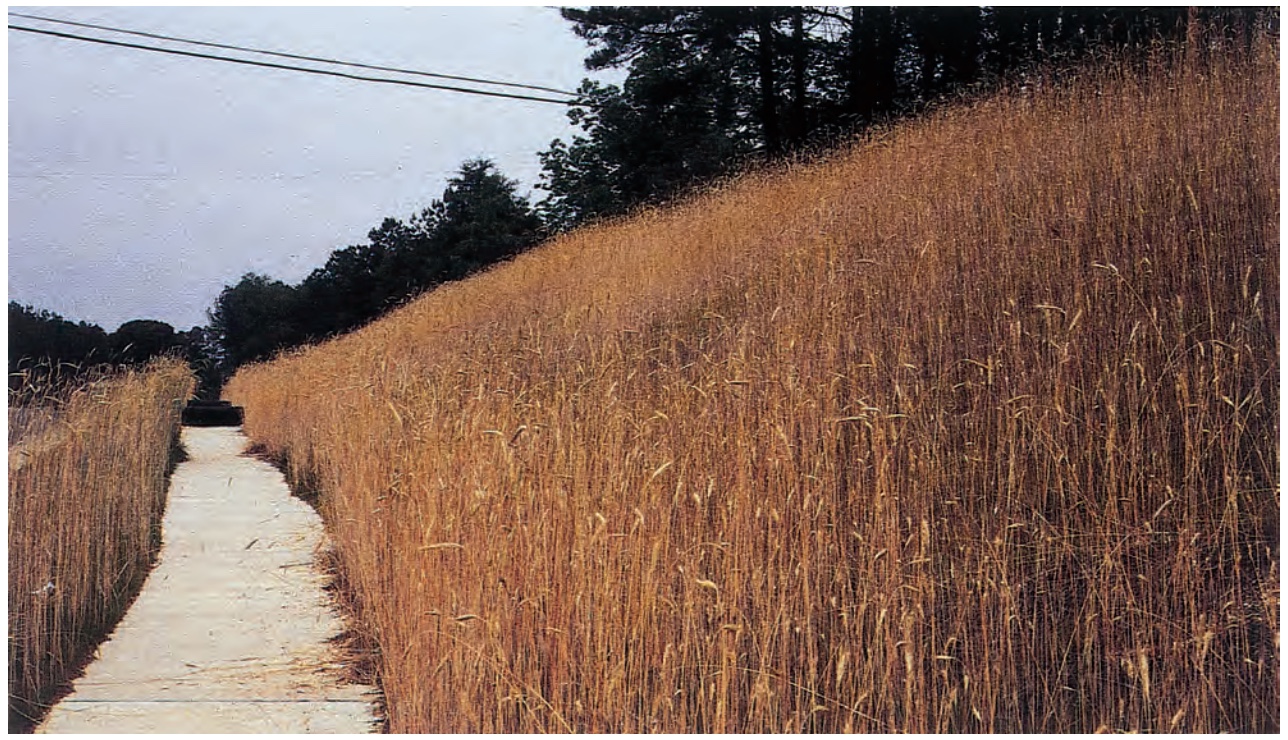
EROSION AND SEDIMENTATION CONTROL
The NC Sedimentation Pollution Control Act of 1973 requires all land disturbing activity, regardless of the size of disturbance, to control erosion and sedimentation (except agriculture and mining, which are covered by different regulations). It also requires an Erosion & Sedimentation Control Plan for any activity that uncovers one or more acres of land; however, many local jurisdictions have established more stringent requirements due to the steep slopes and landslide prone areas of the region, as well as to protect the state-designated High Quality Waters and trout waters.
Erosion & Sedimentation Control Plan Overview
Erosion controls prevent erosion by protecting soils. Sediment controls remove sediment from runoff before the runoff is discharged from the site. The NC Sedimentation Pollution Control Act is performance-based, meaning it prohibits visible off-site sedimentation, but allows the owner and developer to choose the most economical and effective methods to use.
Major types of erosion and sediment control practices (NCG01 Fact Sheet, 2011).
| Land Cover | ||
| Mulches, straw, hydro mulch | Vegetative buffer strips | Temporary or permanent seeding |
| Blankets and other “rolled” products | Vegetative practices | Sod stabilization |
| Structural Practices | ||
| Earthen dike | Check dams | Temporary storm drain diversion |
| Silt fence | Level spreader | Storm drain inlet protection |
| Drainage swales | Pipe slope drain | Rock outlet protection |
| Sediment traps and basins | ||
Main requirements:
- Sufficient control practices to retain sediment within the boundaries of the site.
- Surfaces must be non-erosive 15 working days or 90 calendar days after completion of activity, whichever period is shorter. In areas of High Quality Waters, stabilization must be achieved in 15 workings days or 60 calendar days.
- A E&SC plan must be submitted at least 30 days before the land disturbance begins on any site 1 acre or larger.
- A buffer zone must be retained or established along any natural watercourse or lake to contain sediment within the first 25% of the buffer nearest the disturbed area.
- Trout waters require a 25-foot buffer.
- Graded slopes must be vegetated or otherwise stabilized within 21 calendar days of completion of a phase of grading.
- Control measures must be designed to handle the 10-year peak runoff magnitude, or the 25-year storm in High Quality Waters.
The Erosion and Sediment Control Planning and Design Manual provides detailed descriptions of these requirements, control practices, and E&SC plan preparation. Several WNC towns, cities, and counties also have additional requirements; see the Local Regulations section below.

Temporary seeding and mulching are the most common methods to meet the 21-day stabilization requirement for graded slopes. Annual plants that are adapted to site conditions, and sprout and grow rapidly should be used. These must be reseeded or planted with perennial vegetation within one year (Erosion and Sediment Control Planning and Design Manual).
![]()
TRAINING AVAILABLE: NCSU offers three levels of training for E&SC, including the design of E&SC Control Plans.
Local Regulations
Many WNC jurisdictions have additional E&SC requirements, especially in steep slope areas. The following table lists the jurisdiction, the size of land disturbance or other special conditions triggering an E&SC plan, ordinances and information resources. Note: many towns and cities delegate to the county so are not listed separately. This contact list also provides further information.
Local Erosion & Sedimentation Control Program Overview
Jurisdiction |
E&SC Plan Trigger |
Ordinance & Date |
Information Resources |
Asheville |
All development unless specified in Section 7-12-2(a)(7) |
||
Avery County |
½ acre in Watershed Protection Areas WS-I, WS-II, WS-III |
||
Buncombe County |
Hillside Subdivision disturbing ¼ acre or more |
||
Beech Mountain |
½ acre or more of disturbance |
||
Black Mountain |
5000 sf of disturbance or more (1 acre or more delegated to Buncombe County) |
||
Boone |
½ acre or more of disturbance for single family or duplex residential; > 2,500 sq ft for commercial |
||
Haywood County |
All development requiring a building or septic permit. Less than ½ acre does not require an engineered plan. Greater than ½ acre requires an engineered plan. |
||
Henderson County |
1 acre or more of disturbance |
||
Highlands |
All land disturbing activities except for those 3000 sf or less with a waiver and properties with Category 3 Slopes |
||
Jackson County |
½ acre or more of disturbance |
||
Lake Lure |
> 100 sq ft within 35ft of lake or natural watercourse; > 2000 sq ft and more than 35ft from lake or natural watercourse |
||
Macon County |
½ acre or more of disturbance or land disturbance in an area with a slope greater than 1:1 |
||
Watauga County |
> ½ acre, for disturbance between ½ acre and 1 acre, requirement may be waived by Watauga County Department of Planning and Inspection |
References
NC G01 Fact Sheet. 2011.